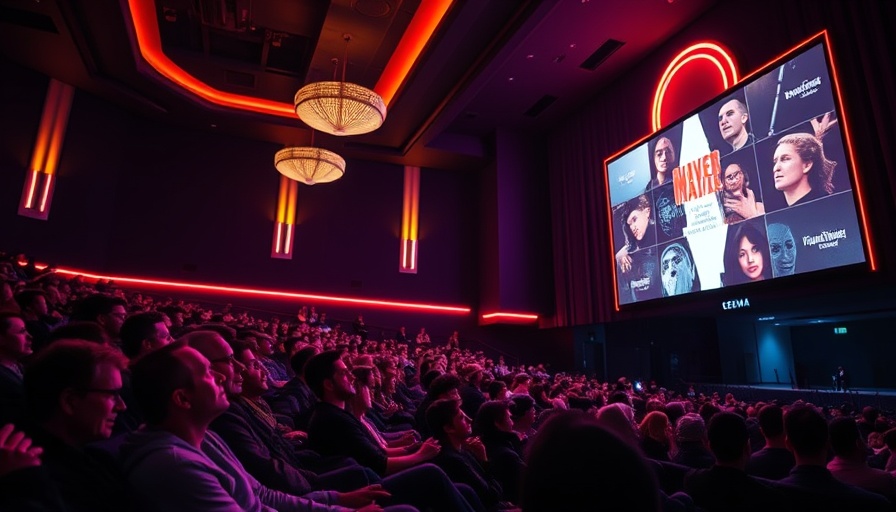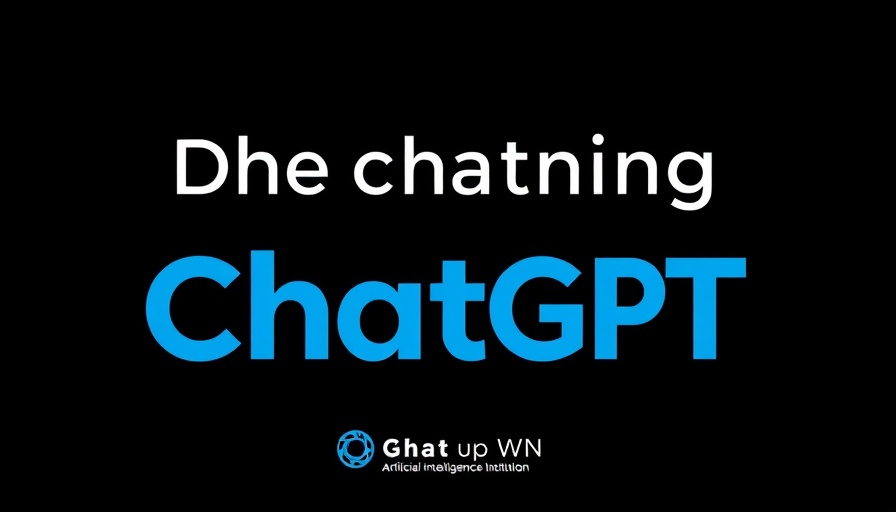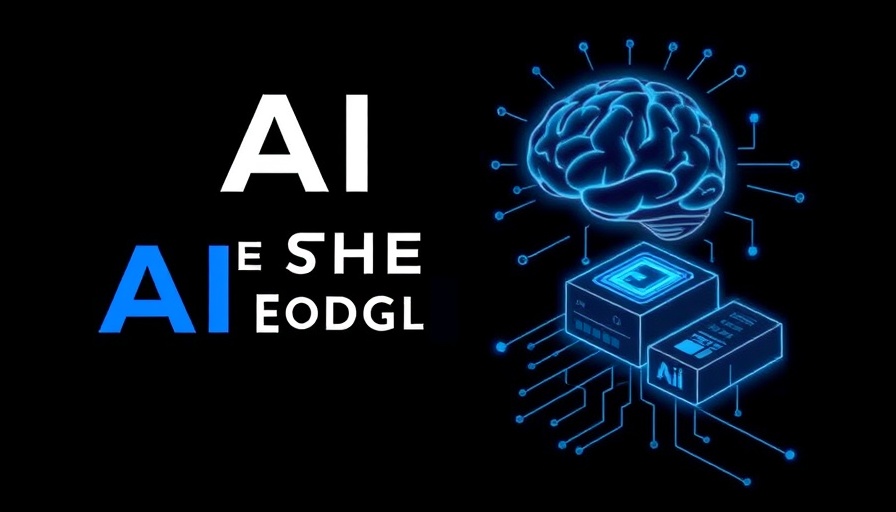
Hollywood's AI Experiment: The Rise of Generative Filmmaking
In a groundbreaking move that could reshape the film industry, Natasha Lyonne, known for her compelling performances in Poker Face and Russian Doll, is set to direct and star in a new sci-fi film titled Uncanny Valley. This film aims to marry live-action performances with AI-generated visuals powered by a generative AI model named Marey, specifically trained on licensed content. This initiative raises significant questions about creativity, ethics, and the role of AI in artistic expression.
Uncanny Valley: A New Narrative
At its core, Uncanny Valley follows a teenage girl whose life spirals out of control as she becomes consumed by an AR video game. The film promises to mix the psychological essence of films like The Matrix with the investigative nuances of Columbo. Lyonne illuminates a vital aspect of the film making process: “AI can enable bigger visions onscreen, but we must grapple with its complexities surrounding artists’ rights,” highlighting the necessary balance between technological innovation and creative integrity.
The Cultural Moment
As tensions surrounding AI in Hollywood escalate, Uncanny Valley represents a critical test case. With over 400 artists advocating against AI tools like those from OpenAI due to copyright issues, this film arrives at a precarious time. The clean AI model Marey, recognized for its ethical approach to sourcing data, could alleviate some concerns, placing creative ownership back in the hands of artists.
Looking Forward
While no release date has been slated for Uncanny Valley, its implications for the future of filmmaking are profound. Could this film not only pave the way for more ethically produced AI content but also serve as a model for the industry on how to integrate AI responsibly? The success or failure of this project could either reassure Hollywood about the potential benefits of AI or intensify the ongoing debate regarding its role in creative industries.
A Narrative to Watch
With Lyonne and co-writer Brit Marling leading the charge, this project is poised to be closely monitored across the entertainment landscape. Uncanny Valley fuels the conversation about AI not as a foe, but as a potential ally in filmmaking—offering new visions without overshadowing artistic creators. As the project develops, it’s essential to stay informed and engaged in discussions surrounding AI’s presence in our creative futures.
 Add Row
Add Row  Add Element
Add Element 



 Add Row
Add Row  Add
Add 


Write A Comment